Make the time to develop a transition plan
A transition plan will help you ensure that your (and your family’s) wishes are met, emotional stress is minimized, and financial risks and opportunities are addressed.
Read MoreAmerican Farmland Trust hopes its new national program, Land Transfer Navigators, will protect family farms and stem the flow of farmland to nonagricultural uses.
When a farmer retires, what happens to the family farm?
Sometimes a son or daughter takes over, but sometimes – far too often, according to some — developers step in and plop apartments or warehouses or strip malls on the fertile land.
American Farmland Trust hopes its new national program, Land Transfer Navigators, will protect family farms and stem the flow of farmland to nonagricultural uses.
“So many families pour their hearts and souls into caring for their farms, and we want that stewardship to continue,” said Brooks Lamb, land protection and access specialist for American Farmland Trust. “Many farmers want their farms to remain in agriculture even after they retire, and they’re willing to turn down higher dollar amounts in favor of a new farmer taking over the land.”
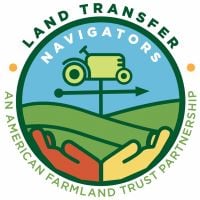 To help with that, American Farmland Trust will collaborate with land protection organizations across the country and train their staff members as “navigators” – people who can help retiring farmers transfer their land between generations or to someone else who wants to farm the land.
To help with that, American Farmland Trust will collaborate with land protection organizations across the country and train their staff members as “navigators” – people who can help retiring farmers transfer their land between generations or to someone else who wants to farm the land.
“Our research suggests that about 300 million acres of farmland will change hands in the next two decades,” Lamb said. “Who that land goes to really matters.”
To help link landowners and land seekers, the organization also is setting up the Land Transfer Resource Hub, an online one-stop shop of resources for both parties. The hub will be part of the trust’s existing Farmland Information Center, which already provides information on a variety of farming practices. “Anyone in the public will be able to use the hub for free,” Lamb said.
Part of the idea is to spark connections among current farmers and future farmers and develop trust on both sides as a first step.
“There are lots of young people who didn’t grow up on farms who are jumping at the chance to get onto a farm,” Lamb said. “If we can help navigators connect farm families with those young people, we might facilitate some continuing relationships that help farmers and the land itself.”
AFT’s new program is in partnership with the U.S. Department of Agriculture’s Natural Resources Conservation Service and is somewhat modeled after an existing AFT project supported by the Great Lakes Protection Fund. That project has a navigator program for Ohio, Wisconsin, Michigan and New York which, in part, works to link retiring farmers with people who want to operate family farms and to facilitate those land transfers.
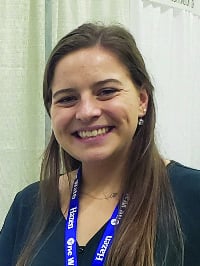
“There are a lot of challenges in a farm transfer. Some are economic, some are legal and logistical, and others are emotional. We try to create a network of people who can help,” said Julie Platz, the agriculture conservation innovations associate at AFT who works with the Great Lakes Farm Navigator Network.
The work is vital, she said.
“One in three farmland owners in the Great Lakes region is more than 65 years old, and they’re likely to transfer their land in the next 10-15 years,” she said. In Ohio, AFT estimates that from 2016 to 2040, 518,500 acres of farmland will be paved over, fragmented or compromised, which is equivalent to losing about 4,000 average-sized farms.
In addition to the information hub and navigator program, AFT is building regional webs of service providers in rural communities who can help with land transfers, including attorneys, appraisers, real estate agents, financial planners and lenders. And it will provide grants that will help move land transfers along.
“With a process that’s this complex and important, farmers often need advice and guidance,” Platz said. “Each land transfer will be different, and we have seen that it really helps to walk with each farmer through the process.”
In Ohio, AFT will work with the Tecumseh Land Trust, a nonprofit conservation organization for Greene and Clark counties. The Tecumseh Land Trust has signed on to be part of the AFT National Land Transfer Navigator Program along with 35 other organizations around the country.
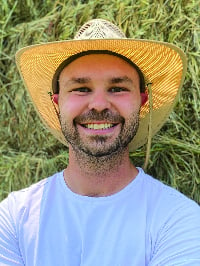
Lamb said the navigators planned to meet together in person for the first time in January and the information hub should be up and running by late 2024 or early 2025.
“None of this is a silver bullet that will immediately fix the whole situation,” Lamb said. “But it can make a difference and can support rural communities. And we’re hoping it creates a mind-set shift about land succession. Ideally, more people will begin to plan for their land’s future now as opposed to waiting until a farmer is retiring or has passed away—until they have literally and figuratively left the field.”
For more information about the Land
Transfer Navigators program and how to become involved, visit farmland.org/land-transfer-navigators.
For additional Transition and Estate Planning Resources visit ofb.ag/transitionresources.


A transition plan will help you ensure that your (and your family’s) wishes are met, emotional stress is minimized, and financial risks and opportunities are addressed.
Read More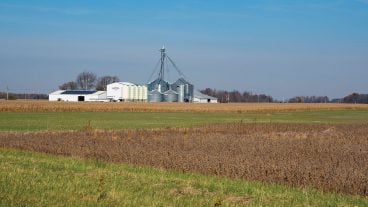
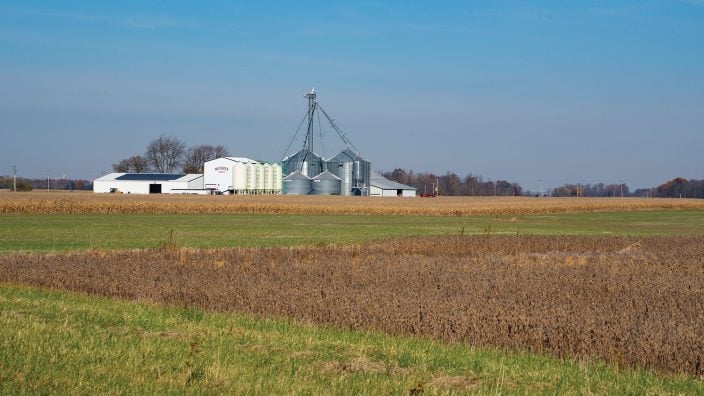
The group can help with farm transitions, farm lease agreements, land use zoning issues and farm business consultation.
Read More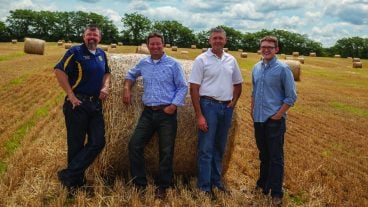
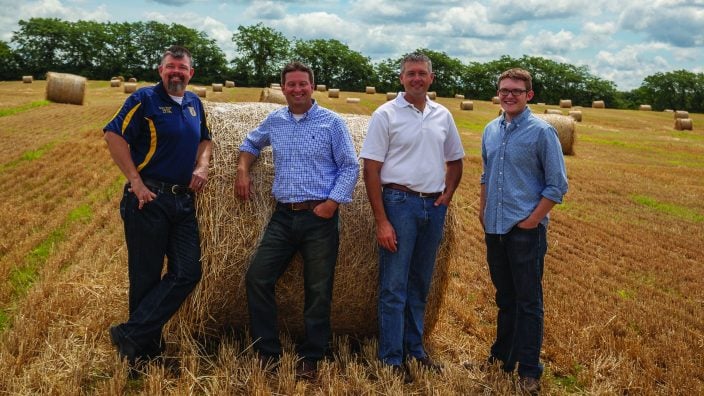
What does the future of the farm look like when the older generation is no longer a part of what happens day to day?
Read More

American Farmland Trust hopes its new national program, Land Transfer Navigators, will protect family farms and stem the flow of farmland to nonagricultural uses.
Read More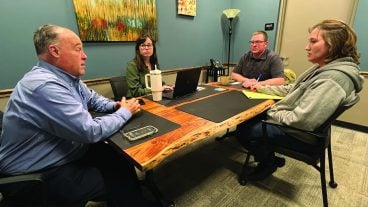
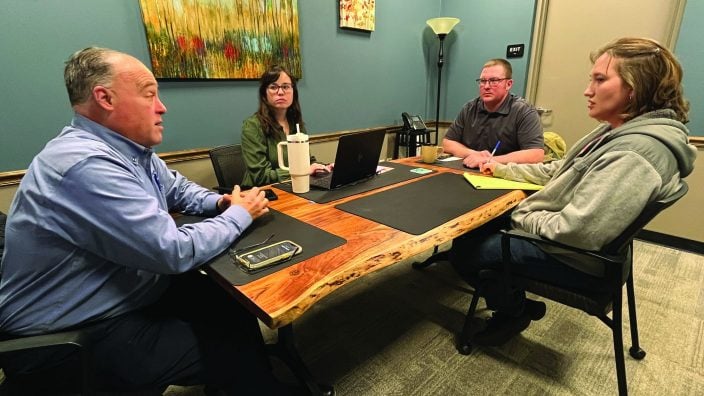
The Wetherell family is planning for the future of their farm while simultaneously making sure its current needs are met, with the help of Illumination Financial Group.
Read More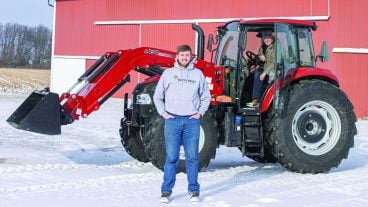
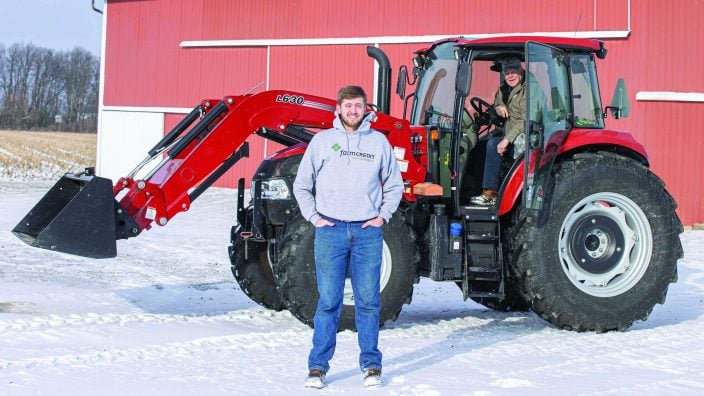
Trevor German is the first beginning farmer to complete a transaction through the new Ohio Beginning Farmer Tax Credit Program.
Read More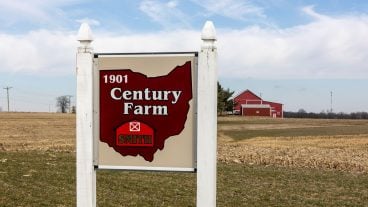
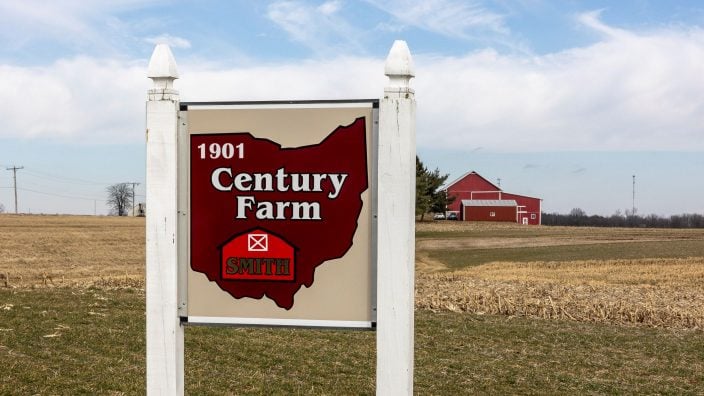
It was the fervent wish of Ron and Denny Smith’s father, Forest, that the original Smith Family Farms in Ashland County, stay in the family.
Read More

Brown was the keynote speaker at the 2024 Winter Leadership Experience. Her focus is on helping families learn what it takes to transition the farm to the next generation.
Read More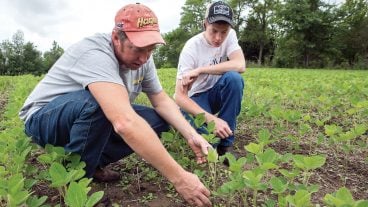
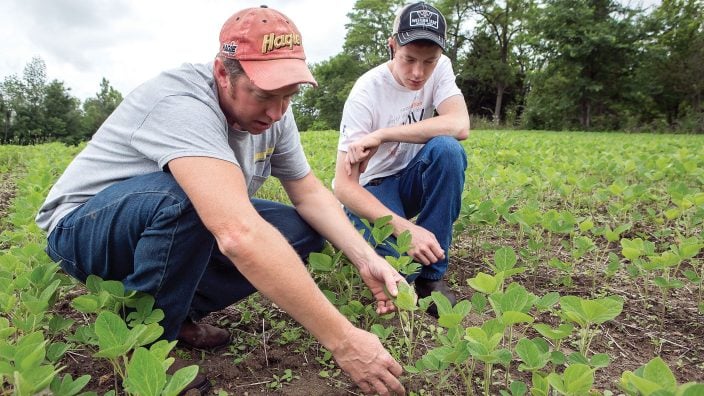
Andy ‘Caygeon’ Junkin is helping many farms by doing the heavy lifting for weighty succession conversations. Junkin is widely recognized as the leading expert on farm succession and farm debt turnarounds.
Read More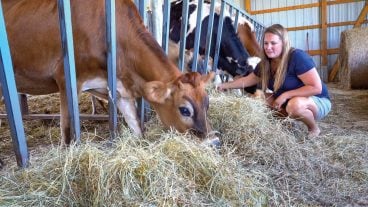
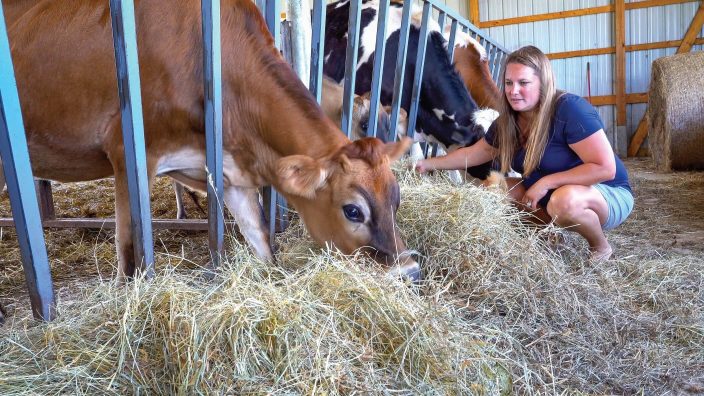
Alisha Morgan is passionate about succession planning because without that plan in place, the emotional and financial tolls that came their family’s way could have resulted in the loss of their farm.
Read More